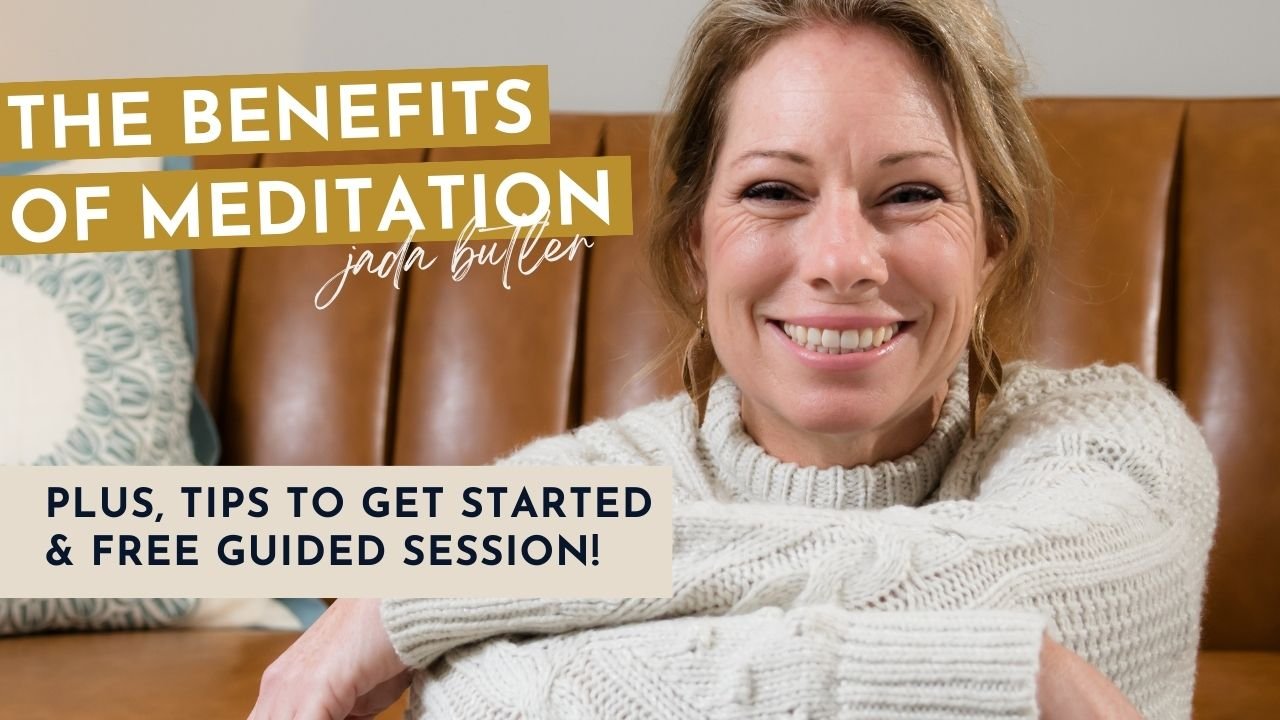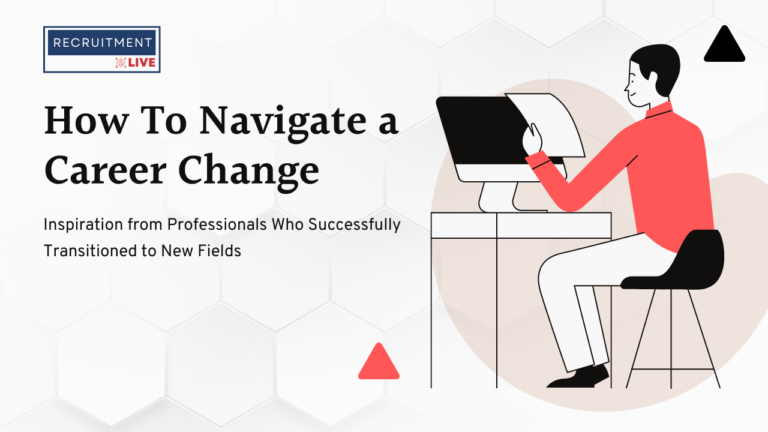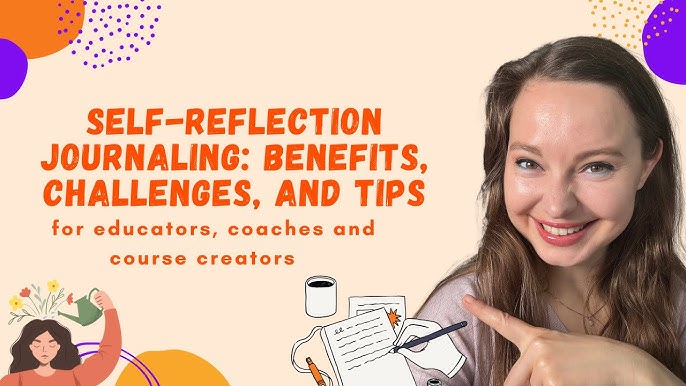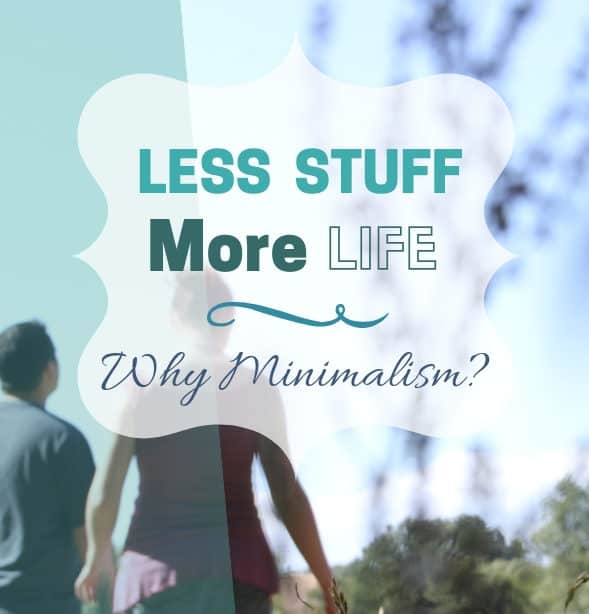The Benefits of Meditation And How to Get Started
Meditation reduces stress and improves mental clarity. It’s easy to start by focusing on your breath for a few minutes daily.
Meditation offers numerous benefits, including reduced stress, improved focus, and enhanced emotional health. It promotes a sense of calm and balance, which positively impacts both your mental and physical well-being. Starting a meditation practice doesn’t require much—just a quiet space and a few minutes each day.
With consistency, you can experience increased self-awareness and a more positive outlook on life. Whether you’re new to meditation or looking to deepen your practice, integrating it into your daily routine can lead to lasting improvements in your overall health and happiness.
Introduction To Meditation
Meditation is a simple practice. It brings calm and focus to your mind. Many people use meditation for peace. Others use it for health benefits. Let’s explore what meditation is and its history.
What Is Meditation?
Meditation is a practice where you focus your mind. It often involves deep breathing. People meditate to reduce stress. It can also help with concentration. Meditation can be done alone. You can also meditate in groups.
Brief History
Meditation has a long history. It started thousands of years ago. Different cultures have their forms. In India, meditation is part of Hinduism and Buddhism. In China, it is linked with Taoism. Meditation spread to the West in the 20th century. Now, it is popular worldwide.
Many famous people meditate. They say it helps them. You can start meditating too. It’s easy and free. You only need a quiet place.

Credit: www.theskinnyconfidential.com
Mental Health Benefits
Meditation offers profound mental health benefits. It can transform your life. Practicing meditation daily can lead to a happier, healthier mind.
Stress Reduction
Stress is a common issue in today’s fast-paced world. Meditation helps to reduce stress effectively. It promotes relaxation and calmness.
During meditation, your body enters a state of rest. This helps lower cortisol levels, the stress hormone. Reduced cortisol can lead to better sleep and improved mood.
Here are some key benefits of stress reduction through meditation:
- Better Sleep: Meditation can help you sleep better and longer.
- Improved Mood: Regular practice leads to a happier mindset.
- Lower Anxiety: Meditation can reduce feelings of anxiety.
Enhanced Focus
Meditation is a powerful tool for enhancing focus. It trains your mind to stay present. A focused mind can lead to better productivity.
Here are some ways meditation can enhance focus:
- Increased Attention Span: Regular meditation can lengthen your attention span.
- Better Memory: It helps in retaining and recalling information.
- Improved Decision Making: A calm mind makes better decisions.
Incorporate meditation into your daily routine. Even a few minutes can make a difference.
Physical Health Benefits
Meditation offers numerous physical health benefits that can transform your life. By incorporating meditation into your daily routine, you can experience improved sleep, lower blood pressure, and overall better health. Let’s explore these benefits in more detail.
Improved Sleep
Many people struggle with sleep issues, which can affect their daily life. Meditation can help you relax and calm your mind, making it easier to fall asleep. Deep breathing and mindfulness techniques used in meditation reduce stress and promote better sleep quality.
Research shows that meditation can increase melatonin levels, the hormone responsible for sleep. By meditating regularly, you can enjoy more restful and uninterrupted sleep. This leads to increased energy and better focus throughout the day.
Lower Blood Pressure
High blood pressure is a common health problem that can lead to serious conditions. Meditation can help lower blood pressure by reducing stress and promoting relaxation. Stress is a major contributor to high blood pressure, and meditation can effectively manage it.
During meditation, your body releases endorphins, which are natural stress relievers. These hormones help relax your blood vessels, improving blood flow and lowering blood pressure. Regular meditation practice can lead to long-term improvements in cardiovascular health.
Here is a quick summary of the physical health benefits of meditation:
| Benefit | Description |
|---|---|
| Improved Sleep | Reduces stress and increases melatonin levels for better sleep. |
| Lower Blood Pressure | Reduces stress and releases endorphins to relax blood vessels. |

Credit: www.healthline.com
Emotional Benefits
Meditation offers numerous emotional benefits that can transform your life. By incorporating meditation into your daily routine, you can experience increased happiness and emotional balance. Below, we delve into these emotional benefits in more detail.
Increased Happiness
Meditation can significantly boost your happiness levels. Regular practice releases feel-good hormones like serotonin. These hormones make you feel joyful and content. Studies show that meditation can reduce negative thoughts. It helps you focus on positive experiences. Consistent meditation can also improve your overall mood. You will feel happier and more fulfilled.
Emotional Balance
Meditation helps you achieve emotional balance. It teaches you to manage your emotions effectively. You become more resilient to stress and anxiety. This practice helps you stay calm in difficult situations. Meditation encourages mindfulness, making you aware of your feelings. You learn to respond thoughtfully instead of reacting impulsively. This emotional control leads to a more balanced and peaceful life.
Here is a table summarizing the emotional benefits of meditation:
| Benefit | Description |
|---|---|
| Increased Happiness | Boosts mood and overall well-being. |
| Emotional Balance | Helps manage stress and anxiety. |
To get started with meditation, follow these simple steps:
- Find a quiet and comfortable space.
- Sit or lie down in a relaxed position.
- Close your eyes and focus on your breath.
- Start with just 5 minutes daily and gradually increase the duration.
Types Of Meditation
Meditation is a powerful practice that can transform your life. There are various types of meditation to explore. Each type offers unique benefits. Let’s dive into some popular types of meditation.
Mindfulness Meditation
Mindfulness Meditation is about being present in the moment. You focus on your breath and sensations. This type of meditation helps reduce stress. It also improves concentration. To get started:
- Find a quiet place.
- Sit comfortably.
- Close your eyes.
- Focus on your breath.
- Notice your thoughts without judgment.
Practice for 5-10 minutes daily. Gradually increase the time as you get comfortable.
Transcendental Meditation
Transcendental Meditation involves repeating a mantra. A mantra is a specific word or sound. This practice helps you reach a deep state of relaxation. It can reduce anxiety and improve overall well-being. Here’s how to start:
- Choose a comfortable sitting position.
- Close your eyes.
- Silently repeat your chosen mantra.
- Continue for 15-20 minutes.
- Allow thoughts to come and go without focus.
Practice twice a day for best results. Over time, you will experience deeper relaxation.
Both mindfulness and transcendental meditation offer unique benefits. Choose the one that suits you best. Start with small steps and be consistent.
Getting Started With Meditation
Meditation offers many benefits, from reducing stress to improving focus. Starting meditation might seem daunting, but it’s quite simple. With the right steps, anyone can meditate.
Choosing The Right Environment
Finding the right environment is essential for meditation. A quiet place free from distractions is ideal. This can be a room in your house or a spot in nature. Ensure the space is comfortable. You might want to sit on a cushion or chair. Avoid places with loud noises or interruptions.
Setting A Routine
Setting a routine helps make meditation a habit. Decide on a specific time each day to meditate. Morning times can be great because the mind is fresh. Evening times can help you relax before bed. Start with short sessions, maybe five minutes. Gradually increase the duration as you get comfortable.
- Choose a consistent time daily.
- Start with short sessions.
- Increase duration gradually.
Consistency is key in building a meditation practice. Try not to skip days, even if it’s just for a few minutes.
Additional Tips
Here are some additional tips to get started:
- Wear comfortable clothing.
- Use a timer to keep track of time.
- Focus on your breath.
- Be patient with yourself.
Remember, meditation is a journey, not a destination. Enjoy the process and be kind to yourself.
Meditation Techniques For Beginners
Starting meditation can feel overwhelming. There are many techniques to choose from. This guide will help you find the best methods to begin.
Breathing Exercises
Breathing exercises are simple and effective. They help calm the mind and focus. Follow these steps to get started:
- Find a quiet place.
- Sit comfortably with your back straight.
- Close your eyes and take a deep breath.
- Inhale through your nose for four seconds.
- Hold your breath for seven seconds.
- Exhale slowly through your mouth for eight seconds.
- Repeat this cycle four times.
Tip: Focus on your breath. Let go of distractions.
Guided Meditations
Guided meditations are perfect for beginners. They provide step-by-step instructions. Here’s how to start:
- Choose a guided meditation app or video.
- Find a quiet spot to sit or lie down.
- Press play and follow the voice instructions.
- Close your eyes and focus on the guide’s voice.
- Allow yourself to relax and follow along.
Tip: Use headphones for better concentration. Guided meditations can vary in length. Start with shorter sessions.

Credit: www.drfuhrman.com
Common Challenges And Solutions
Meditation offers numerous benefits, but many face challenges when starting. Addressing these common issues can help you establish a consistent practice.
Dealing With Distractions
Distractions are a major challenge during meditation. It’s easy for the mind to wander. Here are some tips to overcome this:
- Create a dedicated space: Choose a quiet, comfortable spot.
- Limit noise: Use earplugs or noise-canceling headphones.
- Use guided meditations: Follow audio instructions to stay focused.
- Practice deep breathing: Focus on your breath to calm your mind.
Remember, it’s normal for thoughts to arise. Gently guide your focus back to your breath.
Staying Consistent
Consistency is key to reaping meditation benefits. Many struggle to maintain a regular practice. Here are some strategies:
- Set a routine: Choose a specific time each day.
- Start small: Begin with just 5-10 minutes daily.
- Use reminders: Set alarms or calendar notifications.
- Track progress: Use a journal or meditation app.
- Join a community: Meditate with friends or join a group.
Remember, consistency builds habit. Even short sessions can be effective.
Resources And Tools
Meditation offers numerous benefits, including stress relief and improved focus. To help you start, many resources and tools are available. This section highlights some of the best options to make your meditation journey easier.
Apps And Online Platforms
Several apps and online platforms can guide your meditation practice. Here are a few popular choices:
- Headspace: Offers guided meditations, sleep aids, and mindfulness exercises.
- Calm: Provides meditation sessions, sleep stories, and breathing exercises.
- Insight Timer: Features a large library of free meditations and music tracks.
Books And Courses
Books and courses can deepen your understanding of meditation. Consider these options:
- “The Miracle of Mindfulness” by Thich Nhat Hanh: A simple guide to mindfulness practices.
- “10% Happier” by Dan Harris: A journalist’s journey into meditation, mixed with practical advice.
- Coursera’s “The Science of Well-Being”: A free course that includes meditation techniques.
| Resource | Type | Key Features |
|---|---|---|
| Headspace | App | Guided meditations, sleep aids, mindfulness exercises |
| “The Miracle of Mindfulness” | Book | Mindfulness practices, simple guidance |
| Coursera’s “The Science of Well-Being” | Course | Free, meditation techniques, scientific insights |
Conclusion
Meditation offers numerous benefits for mental and physical health. It reduces stress, improves focus, and enhances emotional well-being. Starting is simple: find a quiet space, sit comfortably, and breathe deeply. Consistent practice can transform your life. Begin your meditation journey today and experience the positive changes firsthand.
